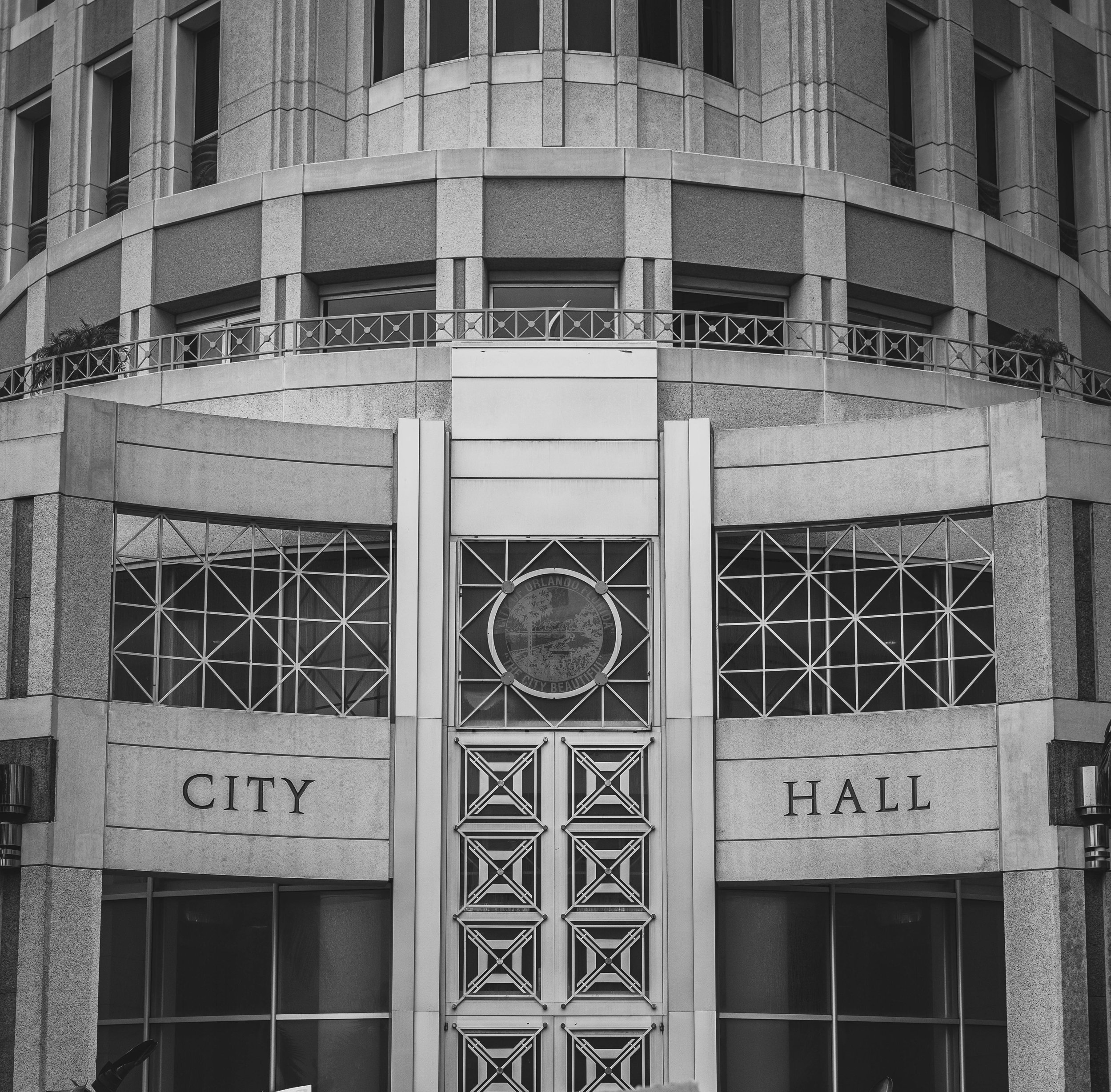
Legislative Toolkit
Identifying Your Allies
Building a strong coalition is crucial for successful advocacy. This section will guide you through the process of identifying potential allies, reaching out to them, and working together effectively.
Potential Allies:
Non-monogamous communities: Local polyamory groups, swinger communities and meetups, relationship anarchy meetups, or ethical non-monogamy support networks.
Sex-positive and kink communities: BDSM groups, or sex-positive education organizations.
LGBTQIA+ organizations: Community centers, advocacy groups, or pride organizations.
Non-nuclear family structure groups: Organizations supporting single parents by choice, multi-generational families, platonic partners (often including those in the asexual or aromantic community), and/or chosen families.
Progressive religious or spiritual communities: Unitarian Universalist churches, certain Jewish congregations, or other faith groups known for inclusive values.
Local civil rights organizations: ACLU chapters, equal rights groups, or anti-discrimination coalitions.
Academic institutions: Gender studies departments, sociology programs, or LGBTQIA+ student groups at local colleges or universities.
Progressive political organizations: Local chapters of national progressive groups or grassroots activist collectives.
Mental health professionals: Therapists or counselors specializing in relationship diversity or alternative lifestyles.
Legal aid organizations: Groups providing legal support to marginalized communities.
Identifying Potential Allies:
Research local organizations and community groups aligned with relationship diversity and social justice. Many national organizations may have local chapters, as well!
Attend local events, meetups, or conferences related to non-monogamy or alternative lifestyles.
Explore social media platforms and online forums for local groups or influential individuals in the community.
Consult with experienced activists or community leaders for suggestions.
Reaching Out and Building Partnerships:
Prepare a concise introduction to your cause and its importance.
Personalize your outreach, explaining how these issues relate to the organization you’re reaching out to and why you believe they would be a valuable ally.
Use warm introductions when possible, leveraging existing connections.
Offer to meet in person or via video call to discuss potential collaboration in lieu of the phone; it adds a personal touch.
Be clear about what you're asking for (e.g., endorsement, resource sharing, joint advocacy).
Highlight mutual benefits of partnership and shared goals.
Working Together Effectively:
Establish clear roles and responsibilities within your coalition.
Set up regular communication channels (e.g., email lists, messaging platforms, periodic meetings).
Create a shared document outlining coalition goals, strategies, and timelines.
Respect each organization's unique perspective and expertise.
Be inclusive in decision-making processes and ensure all voices are heard.
Share resources and information openly among coalition members.
Celebrate small victories and milestones together to maintain momentum.
Address conflicts or disagreements promptly and respectfully.
Regularly evaluate the coalition's progress and adjust strategies as needed.
Remember, building strong alliances takes time and effort. Be patient, persistent, and always focus on the shared goal of creating a more inclusive community. By working together, you can amplify your message and increase your chances of legislative success.
Ready to start a campaign in your city?
We can help! Use the form on this page to connect, or write to us at info@open-love.org.
This toolkit was developed collaboratively by the following organizations. Click to learn more about each group!





